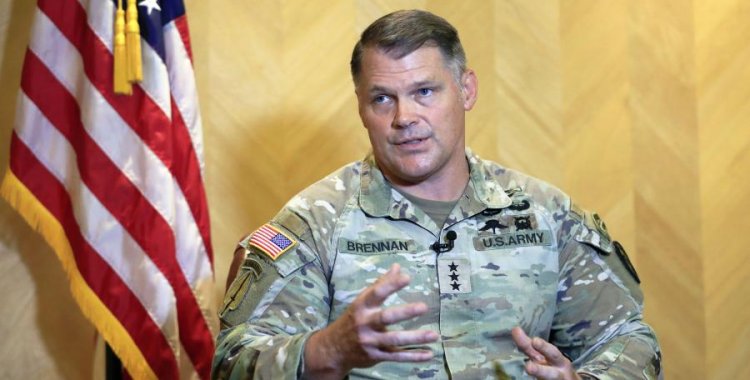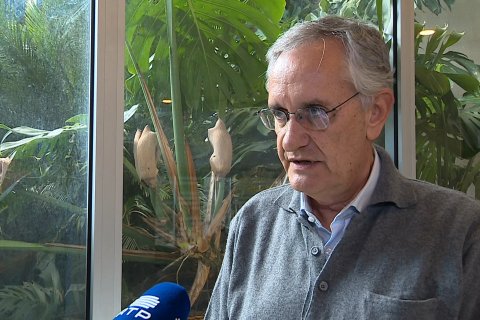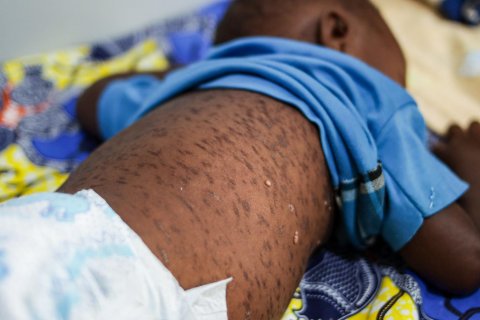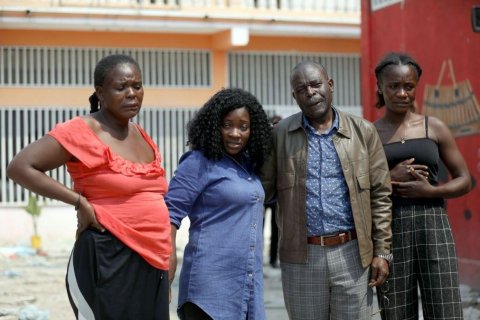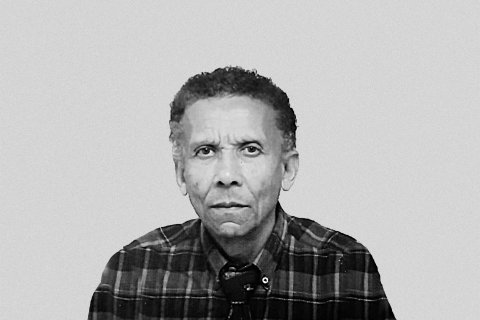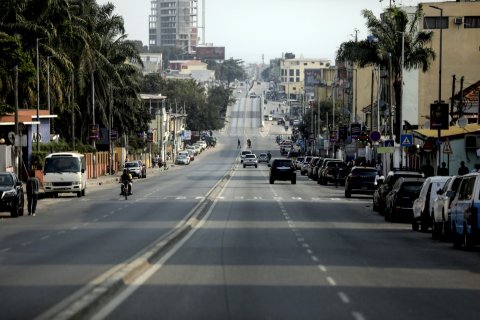During a visit to Luanda to strengthen military cooperation with Angola, Lieutenant General John W. Brennan, deputy commander of AFRICOM, stated that the primary objective of the visit to Angola is to "explore more forms of military cooperation between the United States and Angola."
AFRICOM officials are working in Luanda to strengthen military cooperation and train special forces, the US lieutenant general noted, with the aim of exploring new areas of security cooperation with the Angolan government.
"The primary objective of this visit is to explore more forms of military cooperation between the United States and Angola. There has been growing cooperation between the two countries in recent years, and we are eager to find other ways to expand this relationship," he said in an interview with Lusa.
According to John W. Brennan, US and Angolan special forces conducted their fifth joint military exercise since 2022 on Wednesday in the Cabo Ledo region of Luanda, an exercise that strengthens the partnership between the two countries.
For the senior US officer, security is the main benefit for Angola within the framework of joint operations with AFRICOM, noting that, "by investing in security, [we are] investing in Angola's economic development."
"And, in turn, also ensuring US investments in Angola (...). Offering Angola exercises of greater complexity also allows Angola to improve its security capabilities, so all these exercises we conduct in Africa are led by [the two] states," he noted.
Regarding a possible US military base in Angola, the AFRICOM deputy commander said it is not in the organization's plans, noting that the command's base remains active in Germany, mainly due to operational logistics in Europe.
He reaffirmed that relations between the US and Angola are improving, emphasizing that the African country offers a space for continued investment and ensuring actions to provide Angolans and Africans with opportunities to resolve their internal problems.
In turn, Ambassador Robert Scott, AFRICOM's Deputy Commander for Civic-Military Engagement, praised bilateral relations between Angola and the US, strengthened by US investments in the Lobito Corridor, noting that security guarantees prosperity.
US companies, the diplomat noted, are now more interested in investing in Angola "because it is more stable and the military is working to maintain the region and ensure stability (...) and this creates a favorable environment for investors," he concluded.
In an interview with Lusa in Luanda, Lieutenant General John W. Brennan, deputy commander of AFRICOM, stated that the organization will continue its activities on the African continent because the US President's administration has already expressed interest in continuing to disrupt "terrorist networks" in Africa.
The senior US military officer noted that the US Defense Minister has expressed a clear interest in maintaining AFRICOM's activities.
"We are working to establish more partnerships on the continent and to jointly manage any future crises that may arise. Furthermore, the new administration is increasingly focusing on the country's economic development because, in truth, what the new administration wants is a secure and prosperous Africa, and that is part of AFRICOM's mission," said John W. Brennan.
"At this point, there is no doubt about the continuity of AFRICOM," he emphasized, assuring that the command, which currently has approximately 5000 troops across Africa, will continue to ensure national security for African states.
Regarding AFRICOM's current challenges on the continent, the official highlighted ensuring the security of African states: "And one of those components is preventing terrorist groups that could threaten US security."
When asked whether the presence of Russia and China in Africa weakens AFRICOM's operations, John W. Brennan emphasized that the only external military base on Chinese territory in Africa is in Djibouti.
Regarding Russia, he said that it "conducts military operations through private companies in Africa."
Brennan accused both countries of resorting to "false information" and "propaganda" to "tarnish" the image of the US on the African continent.

